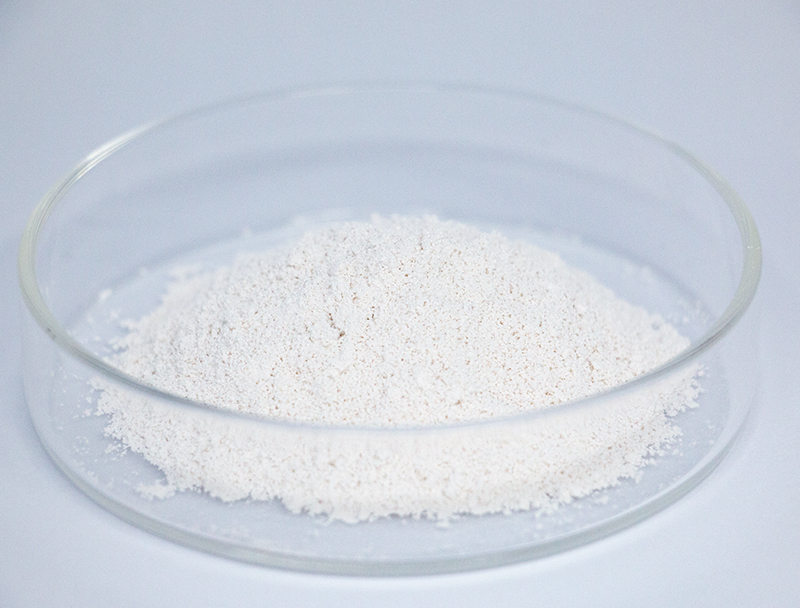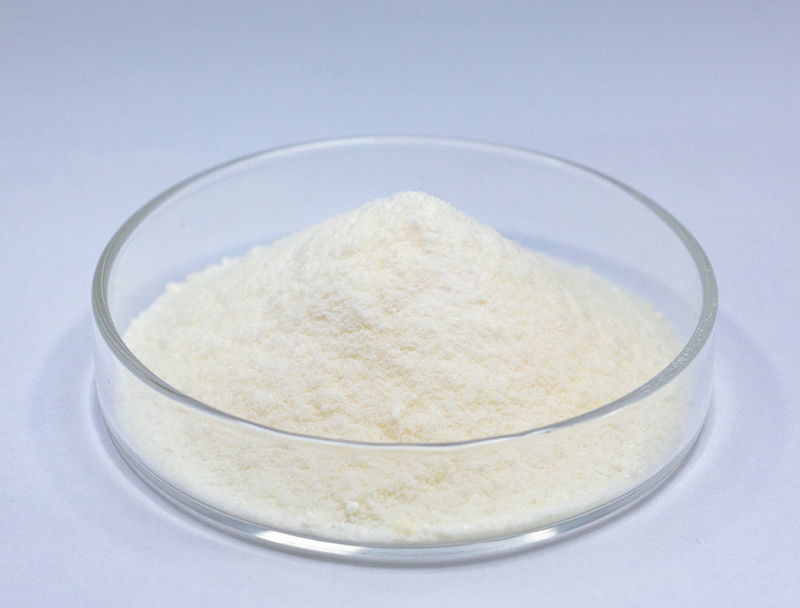
Industrial biosynthesis counts extensively on a comprehensive selection of input materials to produce innovative bio-based products.
Protecting durable supply chain sourcing remains essential to industry resilience and responsible expansion.
numerous problems stemming from established sourcing methods such as ecological damage and resource depletion. Accordingly, companies are required to implement regenerative sourcing methods to mitigate footprints.
- Situations demonstrating ethical sourcing encompass:
- Applying circular feedstocks from post-harvest streams
- Integrating recovery systems to shrink waste while improving throughput
- Forging alliances with neighborhood suppliers supporting green sourcing
Adopting sustainable feedstock strategies yields environmental wins alongside fiscal sustainability.
Upgrading Feedstock Traits for Better Biofuel Performance
Increasing biofuel conversion efficiency is tied to feedstock composition and condition. Research teams persist in studying techniques to boost feedstock performance, yielding greater biofuel outputs and greener energy prospects. Tactics include molecular breeding to increase biomass and chemical or physical pretreatments to release sugars.
- Furthermore, teams search for alternative biomass sources including algal strains, industrial wastes, and crop leftovers to broaden sustainable feedstock options for fuels.
- As a result of relentless efforts the industry should deliver significant enhancements paving a path to sustainable energy.

Advances in Biopharmaceutical Manufacturing: Focus on Upstream Operations
entails beginning production stages such as cell growth and biomass recovery New innovations across this area have produced enhanced manufacturing methods that boost yields.
Significant developments incorporate advanced biological platforms, tailored medium blends, and precision reactor engineering. These innovations not only enhance productivity but also minimize production costs and environmental impact.
- Similarly, continuous process trends grant superior flexibility and refined control across production stages.
- The adoption of higher-tech manufacturing practices will likely disrupt traditional models and speed therapeutic launches.

Innovations in Gene Editing for Improved Biopharmaceutical Yield
progresses in gene editing technologies, such as CRISPR-Cas9, have revolutionized the production of biopharmaceuticals. By accurate genomic tuning, developers enhance yields of critical biopharmaceuticals. This capability can unlock development of cost-efficient, high-performance biologics for many conditions.
Microbial Approaches to Effective Bioremediation
state-of-the-art biological cleanup solutions using targeted microbial actions. Microorganisms possess the remarkable ability to degrade and transform harmful pollutants into less toxic substances.. Harnessing microbe-based degradation fosters cleanup tactics that minimize environmental disruption and residual waste.. Laboratories test microbial species for efficacy against metals, pesticide pollutants, and oil-related contamination. These microorganisms can be employed in bioreactors or directly at contaminated sites, promoting the breakdown of pollutants through biodegradation processes..
Microbe-based remediation provides compelling advantages over standard remediation methods. It is a cost-effective and environmentally friendly approach that minimizes the generation of harmful byproducts. Also, microbial interventions offer targeted remediation that minimizes collateral ecosystem disturbance. Ongoing innovation aims to boost the throughput and efficacy of microbe-driven remediation approaches.
Bioinformatics' Impact on Drug Design
Bioinformatic tools play an increasingly crucial role in the modern landscape of drug discovery and development. By integrating diverse datasets, bioinformatics enhances candidate identification and therapeutic optimization.
- By parsing huge omics and clinical databases, bioinformaticians detect targets and estimate therapeutic responses.
- Also, in silico modeling of molecular interactions accelerates optimization toward more selective therapeutics.
- To conclude, computational approaches are revolutionizing discovery and reducing time-to-patient for effective drugs.
Optimizing Metabolism to Increase Bioproduct Production
utilizes multiple approaches to enhance production of desirable bioproducts in cells. Strategies involve pathway refactoring by genetic modification, expression modulation for balanced flux, and grafting of novel genes to add capacity.. By optimizing cellular networks, developers can substantially boost target bioproduct output.
This broad strategy is positioned to innovate sectors including pharmaceuticals, crop science, and bioenergy.

From Lab to Plant: Challenges and Opportunities in Biomanufacturing Scale-Up
Large-scale manufacturing brings notable difficulties together with growth opportunities. Sustaining uniform quality across expanded production capacity is a principal challenge. Overcoming this requires advanced process control, continuous monitoring, and sensitive analytical platforms.

A further difficulty lies in process complexity, with many interdependent production phases.. Converting small-scale procedures to plant-scale operations necessitates extensive innovation and optimization.. Still, the gains can be meaningful. Successful industrialization can broaden availability, trim costs, and raise profitability.
Several projects are designed to mitigate these scaling barriers. Efforts include process-digitization tools, integrated analytics for monitoring, and fresh manufacturing paradigms.
- Product development and process R&D are pivotal to boosting production capabilities.
- Regulatory bodies are modernizing pathways to accelerate approval of advanced production technologies and support innovation.
Understanding Regulatory Oversight to Ensure Biopharmaceutical Quality
Bringing biologics to market involves rigorous regulation designed to protect patients and confirm therapeutic benefit. Products of biological origin introduce specific challenges that differ from standard drug development.
Regulators such as the FDA and EMA define authorization pathways and quality standards for new biologic medicines..
Thorough testing frameworks are compulsory during all stages of development including after market release.. These controls function to identify dangers and ensure biopharmaceuticals achieve premier safety standards..
Also, governing institutions evolve their strategies to respond to swift advances in biopharmaceutical science.. Policies involve deploying novel tech and expediting development while preserving commitment to patient safety.

Plant-Derived Inputs for Next-Gen Bioplastics
The growing need for sustainable materials has led to a surge in research and development of renewable options. Among these, bioplastics, produced from plant-derived biomass feedstocks, offer a promising avenue towards a greener future. Sources like cornstarch, cellulose fibers, and sugarcane biomass can transform into compostable plastics that decompose and reduce pollution.
Similarly, selected bioplastics offer analogous properties to traditional plastics suitable for many applications.. Persistent innovation will be key to advancing plant biomass into mainstream bioplastic manufacturing for a circular future.
Biotech Innovations Addressing Health and Food Challenges
Biotech innovations hold promise to dramatically impact health 5-ALA and the reliability of food systems. Through CRISPR, synthetic circuit design, and cell therapy progress, developers generate methods to counter infectious agents, optimize crops, and elevate nutritional profiles.. To illustrate, modified plants designed for pest resilience and environmental tolerance can raise outputs and reduce pesticide application.. Additionally, biotech enables faster vaccine development, novel antimicrobials, and precise diagnostics critical to infectious disease control and health improvement.. As innovations mature, biotechnology can provide meaningful contributions toward global health and resilient food supplies for future generations.
